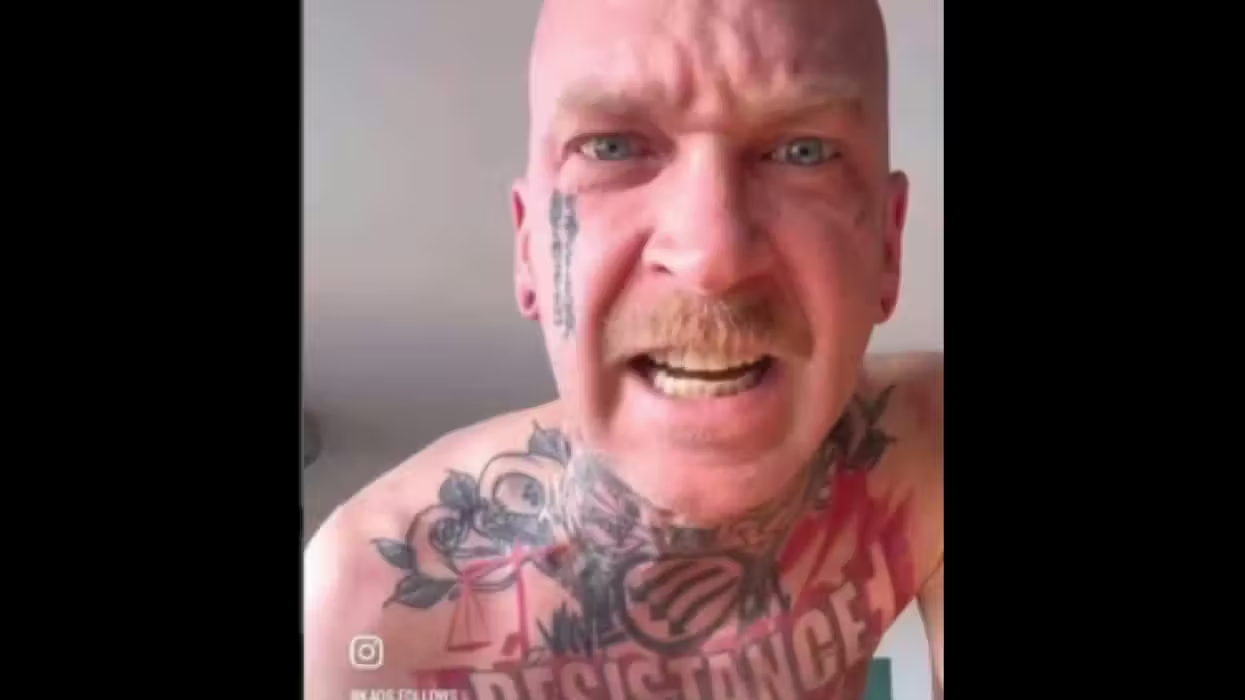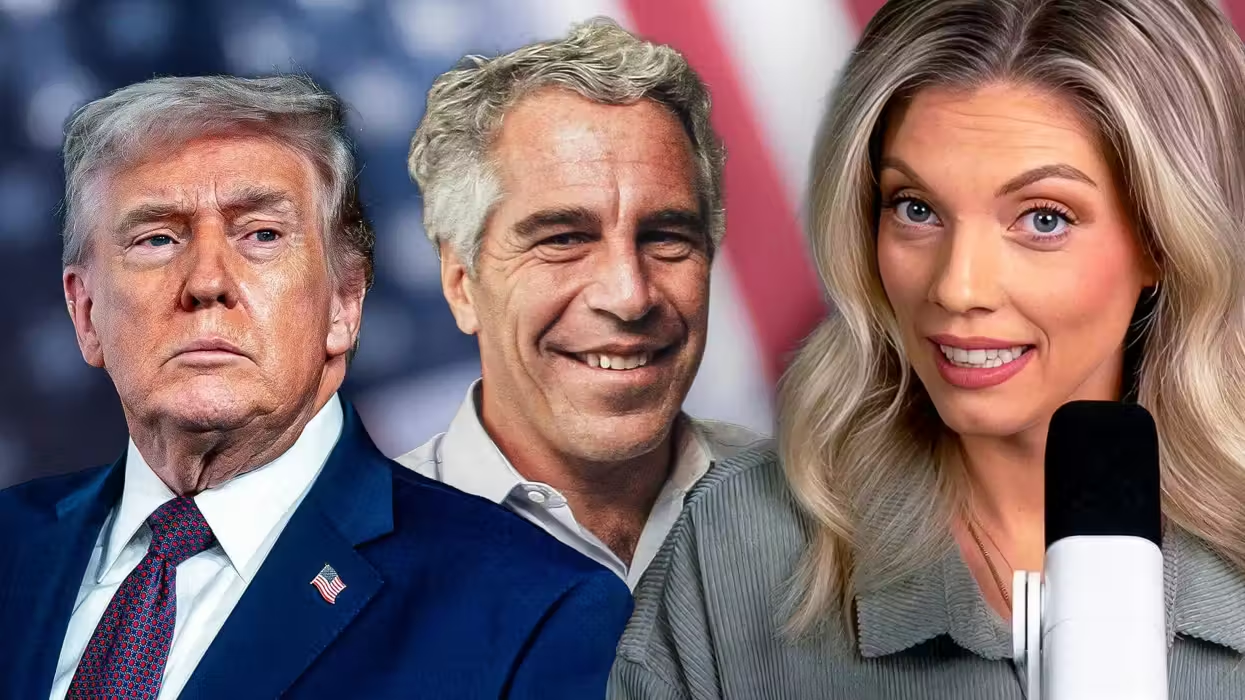 In this Aug. 3, 2013 file photo, Louisville businessman Matt Bevin, the Senate primary election opponent of Senate Minority Leader Mitch McConnell of Ky. speaks in in Fancy Farm, Ky. (AP)
In this Aug. 3, 2013 file photo, Louisville businessman Matt Bevin, the Senate primary election opponent of Senate Minority Leader Mitch McConnell of Ky. speaks in in Fancy Farm, Ky. (AP)
U.S. Senate candidate Matt Bevin responded Tuesday to a report alleging he once signed off on a memo supporting the $700 billion Troubled Asset Relief Program (TARP) and the government takeover of Fannie Mae and Freddie Mac.
“I didn’t actually write that letter. My position has always been the same,” Bevin said during a radio interview with Glenn Beck.
Bevin, who worked as an investment fund president in 2008, admitted he signed off on the memo written by Daniel Bandi, chief investment officer and vice president of the fund, that offered praise for TARP.
“I was as president and chairman of the board required by law to verify the veracity of the financial figures, the assets under management, the number of outstanding shares, et cetera," he said.
Bevin, who is hoping to oust Senate Minority Leader Mitch McConnell in Kentucky's Senate Republican primary, said it would have been unlawful for him to adjust the wording of the memo, saying he had nothing to do with its drafting.
"I was not approving of anyone else’s opinions," Bevin said.
“That letter? I did not write. I did not write any of the letters that were ever published as investment commentary," he continued. “I was the president and chairman of the board and by SEC law, was required to sign prospectuses when they were sent out."
Politico reported early Tuesday that a memo bearing the signatures of Bevin and Bandi read: “Most of the positive developments have been government led, such as the effective nationalization of Fannie Mae and Freddie Mac, the passage of the $700 billion TARP (don’t call it a bailout) and the Federal Reserve’s intention to invest in commercial paper. These moves should help to stabilize asset prices and help to ease liquidity constraints in the financial system.”
Bevin's campaign spokeswoman, Rachel Semmel, weighed in: “The investment commentary in the Veracity prospectuses were always written by the Chief Investment Officer of the sub-advisor to the Veracity funds. In his role as President of Veracity, Matt signed every prospectus. Matt’s signatures were a formality that were not intended to be an endorsement of the opinions of others.”
Semmel added: “Accusations like these are ironic given that Sen. McConnell has been one the biggest champions of bailouts and misuse of taxpayer dollars in the U.S. Senate.”
A source with knowledge of these types of legal filings told TheBlaze such memos are typically “forward looking,” adding that the pro-TARP statement does not necessarily pertain to the financial disclosures Bevin agreed to in the certifications.
Bevin stressed that the memo was written by Bandi.
“I was not the investment guy,” he said, “I never bought and sold the securities. So it would have been inappropriate and probably illegal, frankly, for me to have changed the investing commentary written by the sub-advisor the fund who was responsible for that."
“I had a fiduciary responsibility as the chairman of this fund company to make sure that I was not perceived in any way, shape or form as having commentary on buy and sell decisions,” he said. “That was the responsibility of the adviser to the fund. And for me to have meddled in that would have been highly, highly inappropriate and all of these various Sarbanes–Oxley rules -- among others -- would have been very much in my grill had I attempted to rewrite or meddle or make the thinking of the actual fund manager that of my own.”
[mlbvideo content_id="31355609"]
The Sarbanes-Oxley Act was passed in 2002 in response to accounting scandals involving companies like Enron. The law imposes tighter restrictions on financial disclosures and is designed to curb the possibility of accounting fraud.
“Finance law is extremely convoluted and it’d be easy to mislead people on the documents,” a source with Bevin’s campaign told TheBlaze. “But the fact of the matter is that he had nothing to do with the memo and he couldn’t amend it even if he wanted to.”
TheBlaze's legal source confirmed that executives are indeed required by law to sign off on these kinds of financial documents.
The SEC did not immediately respond to TheBlaze's request for comment.
Here's a copy of the document bearing Bevin's signature:
TheBlaze's Benjamin Weingarten contributed to this report.
--
Follow Becket Adams (@BecketAdams) on Twitter.
This post has been updated.

 In this Aug. 3, 2013 file photo, Louisville businessman Matt Bevin, the Senate primary election opponent of Senate Minority Leader Mitch McConnell of Ky. speaks in in Fancy Farm, Ky. (AP)
In this Aug. 3, 2013 file photo, Louisville businessman Matt Bevin, the Senate primary election opponent of Senate Minority Leader Mitch McConnell of Ky. speaks in in Fancy Farm, Ky. (AP)






